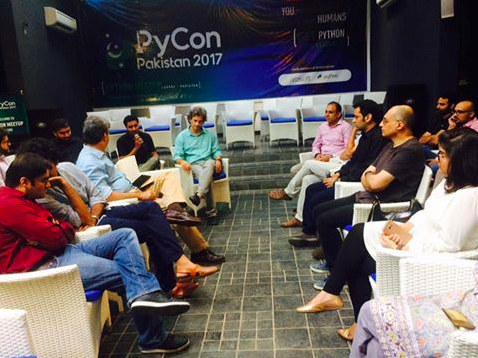PyCon August Meeting Roundup
What’s minimalist and readable and not named after a snake?* You’d know the answer to that if you’d attended our second PyCon meetup, which took place at X2 in Lahore on 19th August. Representing the local Python community were Python developers, managers, and human resource professionals from software houses such as QC Tech, Ebryx, and Tintash; academics and computer scientists from UET, NUML, and elsewhere; Python developers working at companies such as Nestle. All in all, we had a good mix of different people who have a stake in the future of Python and the tech community in Pakistan and it showed in the discussion that followed.
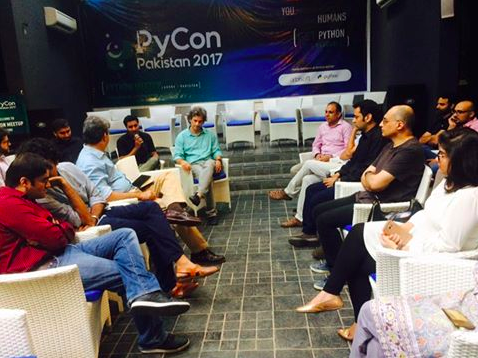
Jokes aside, much of the second meetup focused on deciding what kind of content we want in the first-ever PyCon. We agreed we want it deliver substance over glamor, and a few of the professionals shared memories of their early days working with Python--mentorship, active learning, and opportunities were three things consistently found lacking in the current tech ecosystem in Pakistan.
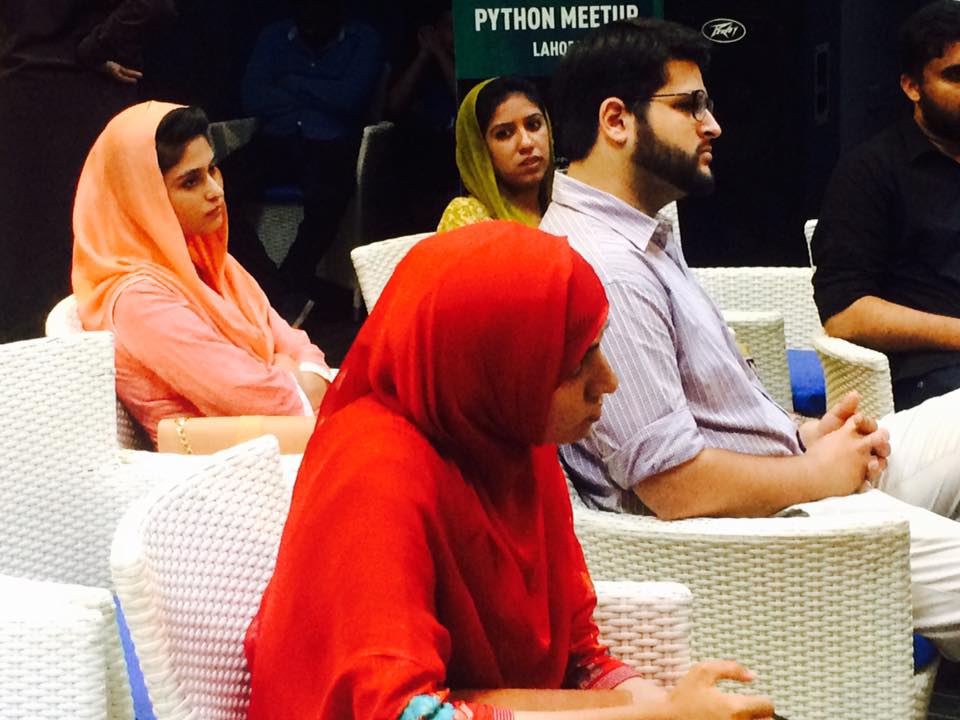
A number of participants pointed out our universities do not adequately prepare or introduce their students to the broader world of programming beyond a few selected languages, and subsequently companies end up investing extra time & funds just to get students up to speed after they graduate. This delayed learning curve matters: the best Python developers tech recruiters and managers typically reported coming across were those that started working with Python while still in their student days, and these developers had to seek out training about Python on their own.
This isn’t a problem limited to the Python community; most of us work in our own “silos of expertise”, rarely reaching out across niches or contributing to community-building around technology, despite graduating 10000 Computer Science students across Pakistan per year. We have over 200 million people, and over 50% of these are under the age of thirty--there is a huge need for learning and exposure that’s going unaddressed, and it will impact our ability to compete in the future.
So what does this look like in terms of content? We outlined a few main things:
Doing beats listening: We want participants to be able to get hands-on experience with the language as much as possible. They should be able to experience for themselves what it’s like to execute a particular concept or idea in Python. This means we want a focus on tutorials and workshops. If you think you have what it takes to teach someone how to make something in Python, we want to hear from you!
Showing beats telling: A great way to learn about what you can possibly do with something is to check out what you’ve already done with it. That’s why we’re also very interested in people who have case studies to present. Show us how you or your team used Python or a creative combination of it to snake work your way out of a problem.
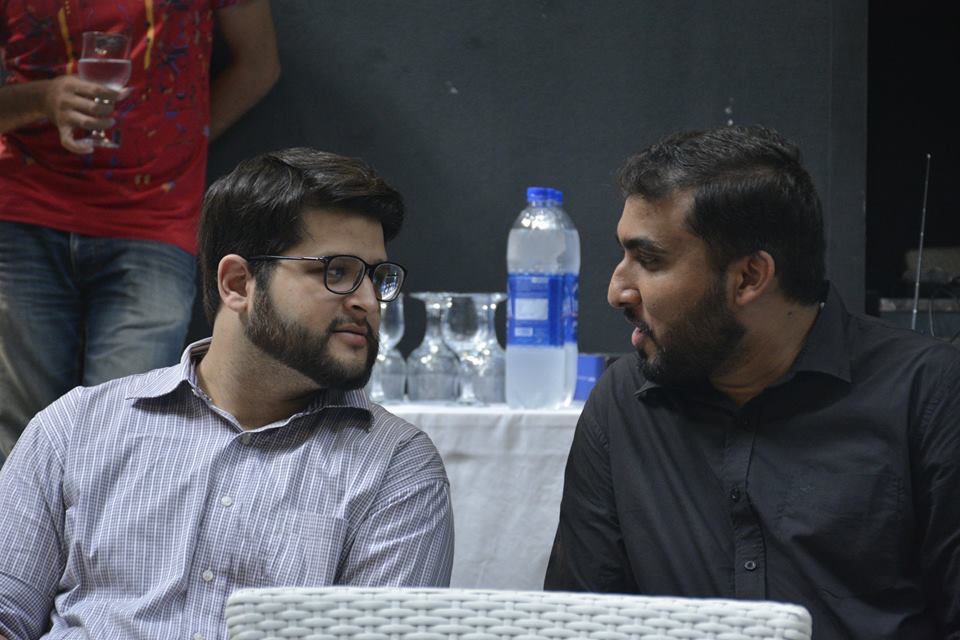
Let’s get talking: It’s time to move past being consumers of tech towards being creators of it. We want to host panel discussions around Python, and because many of the developers cited having significant with other languages as well one of the ideas we’re considering is to let seasoned developers get together to discuss what different challenges look like when tackled in Python versus other languages. Would you be interested in sitting on such a panel? Let us know.
Connected conferencing: We want to get professionals from different niches and interests connected to each other to build bigger, better things--and there are also complementary skills or knowledge, such understanding how to properly contribute to open source projects, that might not directly involve Python but are vital to building a vibrant community around it.
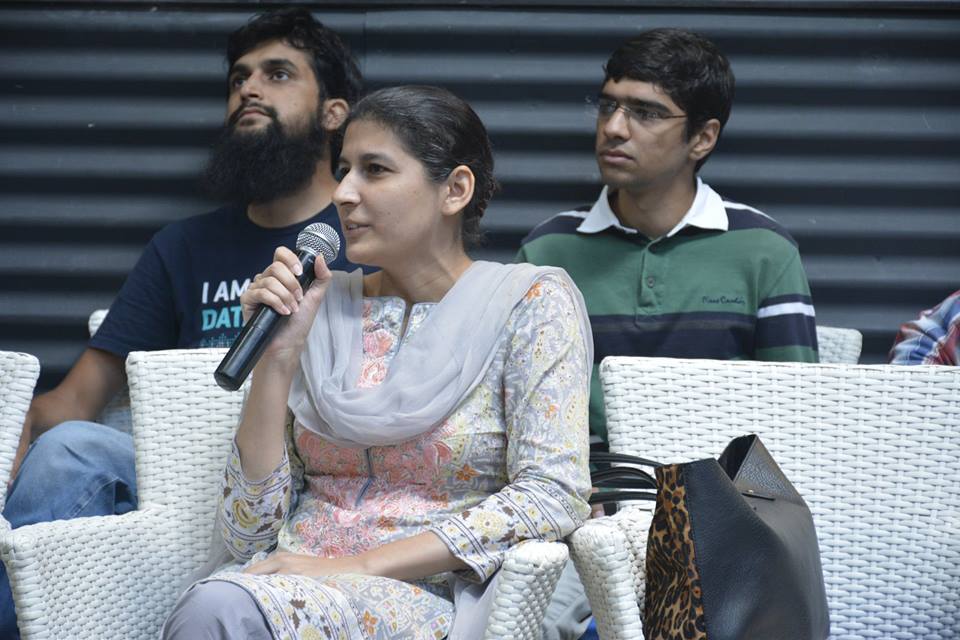
But one question arched above the others: should we target content towards beginners who have little or no knowledge of Python but a willingness to learn--or should we keep it interesting and advanced enough for existing Python developers? You definitely don’t have to be a Pythonista to join, and we want as many beginners to benefit from this as possible. We’re leaning towards a mix of the two, with dual tracks for beginners and advanced professionals and up to 16 one hour sessions spread across the day--but we want to hear from YOU, the community.
We’ve also extended the date for proposal submissions to 30th September--so if you’ve got a better idea of how you can contribute, there’s still time to send it in.
Our next meetup will be an exclusive gathering focusing on proposals: selection criteria, pitches, and more. An afternoon of code, computers, and community: you’d think that’d be enough reason to become involved...and then we tell you there’s also tea.
So get started!
*(Python. Surprise!)
